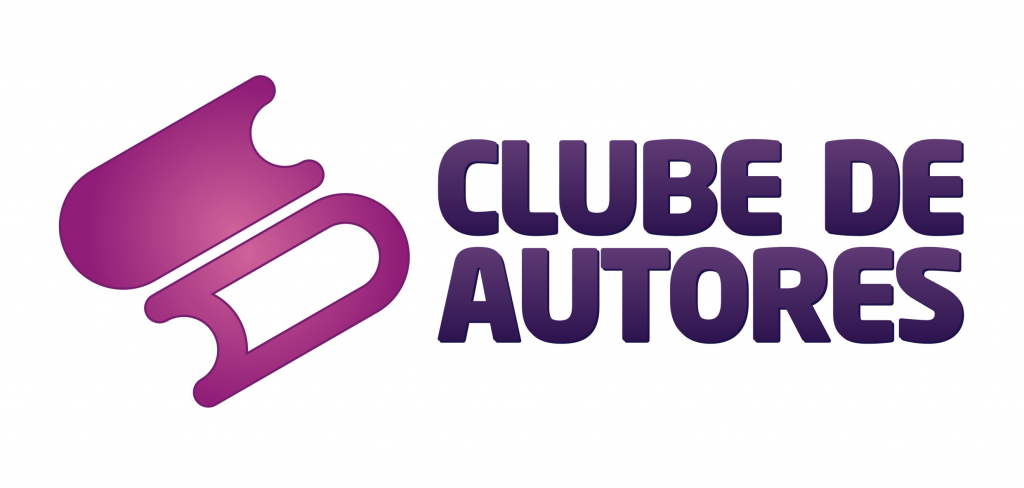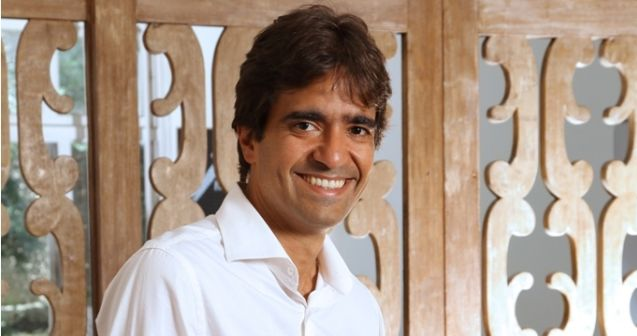Clube de Autores: a new force in the Brazilian publishing industry. Interview with Ricardo Almeida
In the last 5 years, self-publishing has become a very dynamic segment within the global book market. Both international players – such as Amazon or Kobo – and local actors are offering varied services for authors willing to distribute their works digitally. On this occasion we talked to Ricardo Almeida, the founder and CEO of Clube de Autores, the most important self-publishing company in Brazil. The platform sells books in printed and digital format, and keeps a profit each time a copy is sold to the reader. Clube de Autores has just won the British Council YCE award 2014.
How did Clube de Autores start?
We started in 2009 mostly because, as writers, the three of us (partners) were having a tough time publishing our books. Our market was quite divided into two models: you could find a publishing company to sponsor you (something really rare) or you could pay for it. This didn’t make sense to us. After all, we do live in a market with a huge – and growing – number of writers; in a market defined by content abundance, instead of scarcity. So, we started working on a self-publishing model that, basically, made sense to everyone: authors could publish online and for free and, after a sale was made, the book would be printed and sent (one by one) or downloaded (for e-books). This worked well and, today, almost five years later, we have about 10% of all books yearly published in the Brazilian market.

What are the main challenges you have faced so far?
The first main challenge was negotiating prices with print shops to make the print on demand versions available – which was a key success factor for us. This took us several months, but ended up perfectly. Besides that, there always are “normal” problems that developing countries always face, such as high taxes, government bureaucracy and strikes in our government-owned postal company, Correios. But these are just barriers that we have to learn to live with.
I guess there have also been great (and good) surprises in these 5 years of hard work. Any anecdote/story/figure worth recalling?
Well… I’d say the biggest surprise was the size we’ve grown into in these years. Of course we expected to grow, but the way authors embraced Clube de Autores as their home was fantastic. We always work together with them: that helps us to develop new functionalities or even solutions to other problems. For instance, we built a complete marketplace for professional services (book covers, reviews etc.) due to their demand. I do, however, have to single out the recent YCE award. When we work with all our hearts in a project such as this one, sometimes competing with gigantic companies and struggling to live in the unstable environments of the developing world, gaining international recognition is something you really do not forget.
Amazon recently launched its KDP in Brazil and Saraiva created its Publique-se service, so it looks as if the self-publishing market may soon become quite crowded. Do you see these players as serious competitors?
We distribute, today, both through Amazon and Saraiva – and their growth should work in our favor. But the fact that we work as a hub for publications, distributing in print and in digital formats to basically all stores, does help to differentiate us. Of course we always have to keep an eye on competition, especially when they are big. But we have developed a strong relationship with our authors, that see us as partners who work together with them in finding solutions that will please everyone – and not only bring more profit for the store. This counts for a lot.

How do you see the future of publishing in Brazil within the next 5-10 years?
Hopefully, rid of the print versus e-book discussion. I understand that books are “devices” that keep and spread knowledge – and this means keeping up with consumer technology. To a degree, I think books and apps will really merge into one experience that can be both print and digital, and that authors and readers will unite in a way that never happened until this new era we are living in.
In your view, what efforts should the traditional publishers make in order to stay competitive in the digital age?
I think publishers should stop any effort to “defend” their “products” from crystal clear trends. Sometimes, I see discussions that revolve around defending formats and traditional way of making business with arguments such as “if it always worked, it should keep working”. Many publishers I know do not understand the new reader and the new writer – but are not making any effort (aside from complaining) to keep up with them. In other words, I think publishers should stop, observe, and reinvent their businesses, keeping up with time. They have no choice, actually: either they do this – fast – or they will find themselves with no business to manage.

